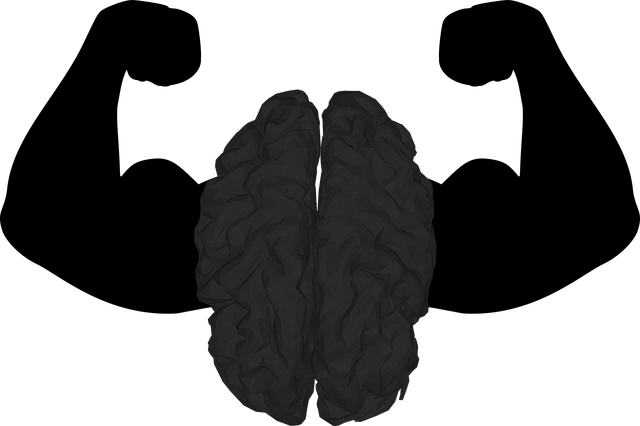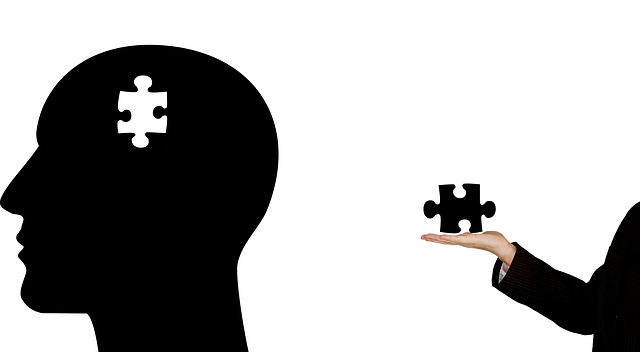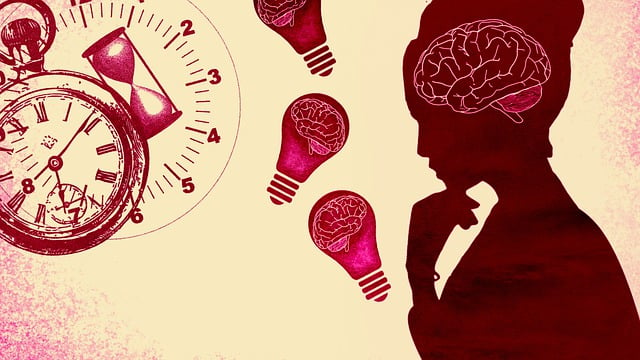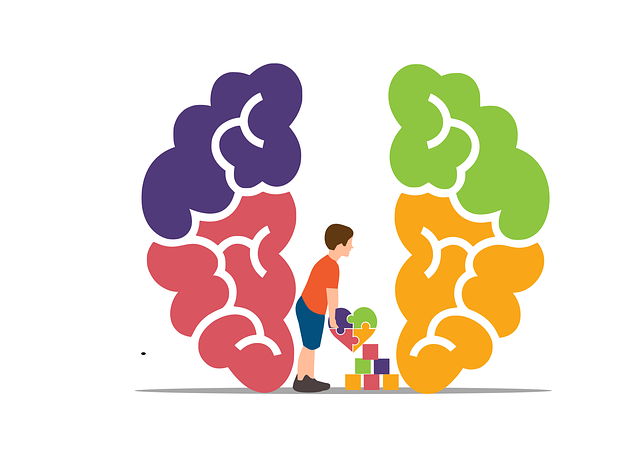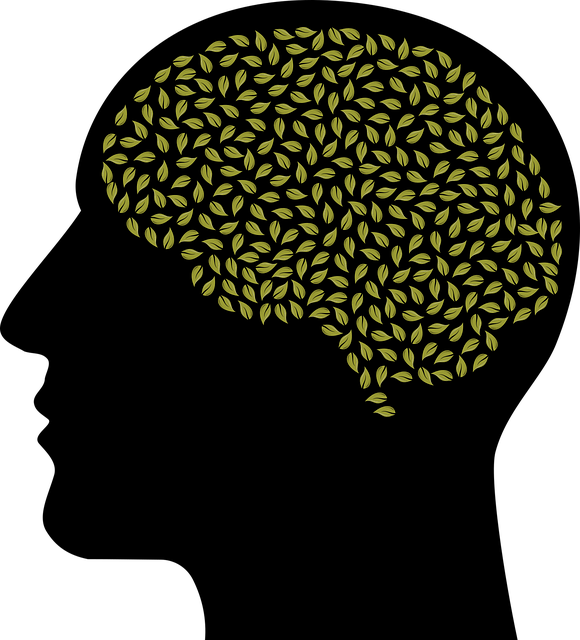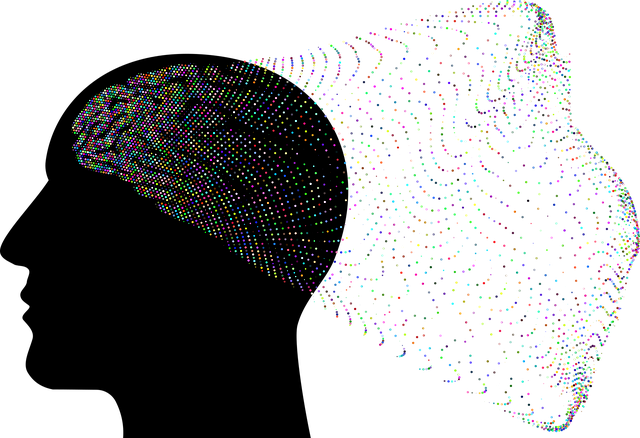Centennial EMDR Certified Therapy offers a comprehensive approach to understanding and treating mental illness diagnoses, combining evidence-based techniques like Eye Movement Desensitization and Reprocessing (EMDR) with compassion cultivation and conflict resolution. This supportive, multifaceted method enhances accurate diagnoses, promotes emotional intelligence, and fosters resilience, ultimately aiding individuals in navigating their mental health journey towards lasting recovery with the help of a robust support network.
Mental illness diagnoses can be complex, but navigating treatment options doesn’t have to be. In this article, we guide you through understanding mental health diagnoses and exploring effective treatment approaches, with a focus on Centennial EMDR Certified Therapy. Additionally, discover the importance of building a supportive network for your recovery journey. Learn how these strategies can empower you or a loved one towards healing and improved well-being.
- Understanding Mental Illness Diagnoses: Unraveling the Process
- Navigating Treatment Options with Centennial EMDR Certified Therapy
- Building a Supportive Network for Effective Recovery Journey
Understanding Mental Illness Diagnoses: Unraveling the Process

Understanding Mental Illness Diagnoses: Unraveling the Process
Mental illness diagnoses are complex and multifaceted, requiring a thorough understanding of symptoms, their impact on daily life, and underlying causes. The process often involves a collaborative effort between individuals and mental health professionals, who employ various assessment tools and techniques. One evidence-based approach gaining prominence is Eye Movement Desensitization and Reprocessing (EMDR), a Centennial EMDR Certified Therapy method that has shown promising results in treating post-traumatic stress disorder (PTSD) and other trauma-related conditions.
By integrating Conflict Resolution Techniques and Compassion Cultivation Practices, therapists can facilitate a supportive environment where clients feel heard and validated. Additionally, conducting a comprehensive Risk Assessment for Mental Health Professionals ensures the safety of both client and practitioner throughout the diagnostic journey. This holistic approach not only aids in accurate diagnoses but also paves the way for effective treatment planning, ultimately fostering resilience and improved mental well-being.
Navigating Treatment Options with Centennial EMDR Certified Therapy

Navigating treatment options for mental health can be a daunting task, but Centennial EMDR Certified Therapy offers a promising path forward. This approach combines Eye Movement Desensitization and Reprocessing (EMDR) techniques with Mind Over Matter principles to address underlying emotional traumas. By fostering self-awareness exercises that enhance emotional intelligence, this therapy empowers individuals to gain profound insights into their mental health struggles.
Centennial EMDR Certified Therapists are trained to help clients integrate positive coping mechanisms while facilitating a safe space for them to confront and process challenging emotions. Through tailored interventions and individualized care, this method supports the development of resilience, enabling individuals to lead more fulfilling lives. By embracing self-discovery and emotional regulation, clients can better navigate their mental health journey towards lasting recovery.
Building a Supportive Network for Effective Recovery Journey

Building a supportive network is an integral part of navigating the mental illness diagnosis and treatment process. This journey often requires a village of understanding allies, including family, friends, therapists, and support groups. For individuals seeking therapy, having a Centennial EMDR Certified therapist can be a game-changer. They provide evidence-based treatments like EMDR, which has shown remarkable results in depression prevention and managing traumatic memories.
A strong network offers encouragement, education, and practical help throughout the recovery process. Family members and friends can learn about the individual’s specific mental health condition through Mental Health Policy Analysis and Advocacy initiatives, fostering better understanding and empathy. Moreover, this support group can aid in risk management planning for mental health professionals, ensuring a safer environment for both patients and practitioners.
Mental health journeys are uniquely personal, and navigating diagnoses and treatments can be overwhelming. This article has explored strategies to demystify the process, emphasizing the importance of professional guidance, such as Centennial EMDR Certified Therapy, in treating mental illness effectively. Building a supportive network is vital for recovery, offering encouragement and understanding throughout the journey. By combining specialized therapy with a strong support system, individuals can navigate their mental health challenges with resilience and hope.
